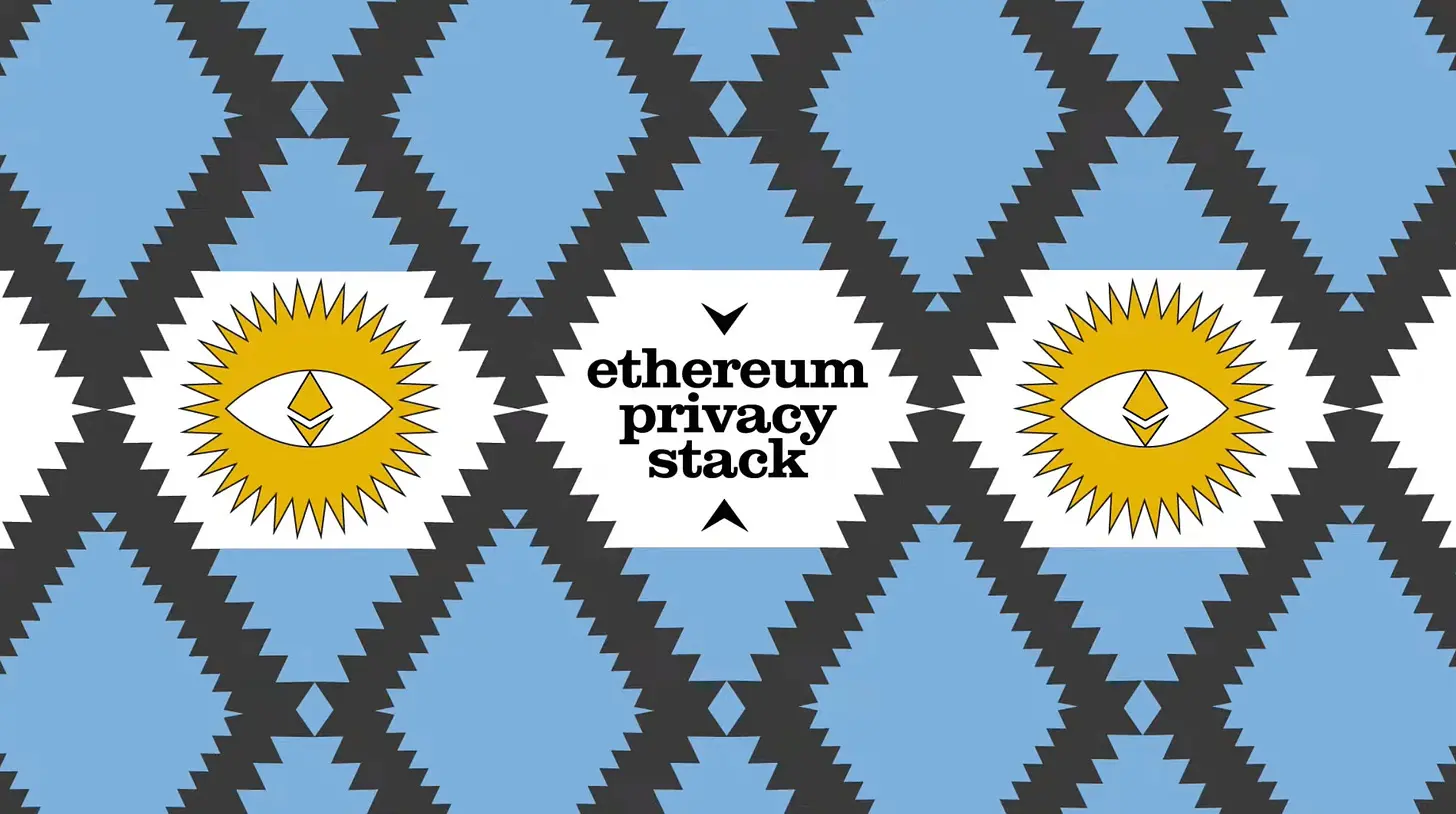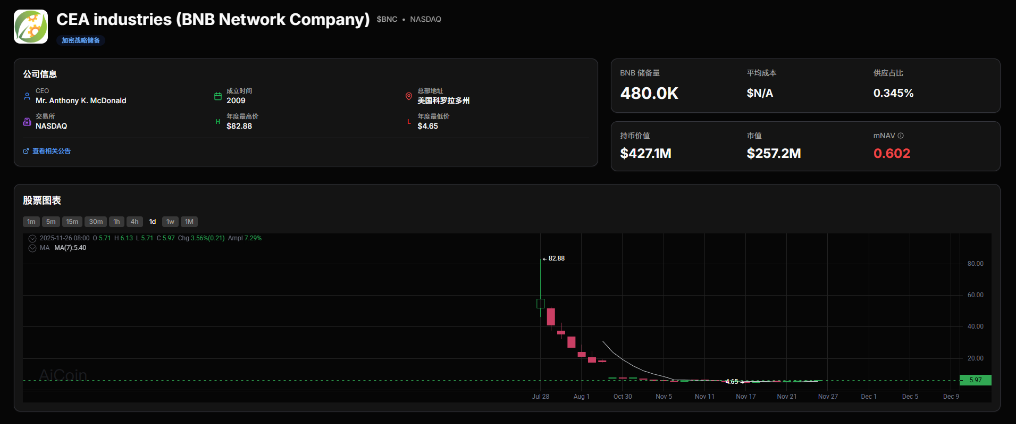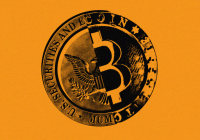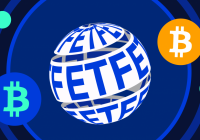ECB official Kazaks warns: "It is too early to talk about rate cuts," inflation risks remain a concern
European Central Bank official Kazaks has warned that it is too early to discuss interest rate cuts, dampening market expectations.
European Central Bank official Kazaks warns that it is too early to discuss rate cuts, dampening market expectations.
Written by: Zhang Yaqi
Source: Wallstreetcn
Martins Kazaks, a member of the European Central Bank's Governing Council, poured cold water on market expectations of imminent rate cuts, making it clear that given the persistently high underlying inflation and existing risks, it is too early to discuss further easing of monetary policy.
In an interview with Reuters on Thursday, Kazaks said, "Given the data we have received so far, I believe it is not yet the right time to discuss rate cuts." This statement comes ahead of the European Central Bank's next policy meeting scheduled for December 18, adding uncertainty to the central bank's future interest rate path.
His remarks send a clear signal to investors: although the European Central Bank halved its policy rate over the year ending in June, policymakers remain highly vigilant about inflation. Since June, despite forecasts indicating a slight decline in inflation and moderate economic growth, the ECB has kept rates at their current level. Kazaks' comments indicate that any future rate cuts are far from guaranteed.
He emphasized that the core inflation rate being "well above 2%" is a key reason for his cautious stance. He believes that there are two-sided risks to the inflation outlook, and therefore, now is not the time to let down their guard.
Focus on 2026-2027 Inflation Forecasts
For the upcoming December meeting, new inflation forecasts will be key to decision-making. At that time, ECB policymakers will receive inflation forecast data for the next three years.
Kazaks specifically highlighted the forecast figures for 2026 and 2027. He pointed out, "The transmission of monetary policy takes one to two years," so data for the next two years is more valuable for reference compared to more distant and uncertain forecasts. He believes, "A forecast three years out has a wide margin of error, especially given the current level of uncertainty."
According to the latest forecast released by the ECB in September, the inflation rate for 2026 is expected to be 1.7%, and for 2027, 1.9%, both close to or below the 2% target. The updated data to be released at the next meeting will be an important basis for assessing the central bank's subsequent actions.
Upside Inflation Risks Cannot Be Ignored
When assessing the inflation outlook, Kazaks acknowledged that there are some factors that could lower inflation. He mentioned that a possible delay in the EU ETS2 emissions trading system would "flatten" the inflation curve. In addition, the dumping of overseas goods in the European market and a possible appreciation of the euro are also seen as downside risks to inflation.
However, he also pointed out that these downside risks are "better known." He warned that policymakers should not ignore upside risks to inflation, such as price pressures that could arise from trade fragmentation. Kazaks reiterated that his ECB colleagues should "continue to focus on the core inflation rate, which has remained well above 2%," indicating that controlling underlying price pressures remains a core concern for the ECB.
Disclaimer: The content of this article solely reflects the author's opinion and does not represent the platform in any capacity. This article is not intended to serve as a reference for making investment decisions.
You may also like
Ethereum Privacy’s HTTPS Moment: From Defensive Tool to Default Infrastructure
Summarizing the "holistic reconstruction of the privacy paradigm" from dozens of speeches and discussions at the Devconnect ARG 2025 "Ethereum Privacy Stack" event.

Shareholder Revolt: YZi Labs Forces BNC Boardroom Showdown

Halving Is No Longer the Main Theme: ETF Is Rewriting the Bitcoin Bull Market Cycle

The Crypto Market Amid Liquidity Drought: The Dual Test of ETFs and Leverage

